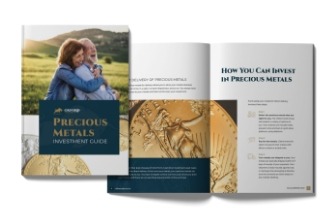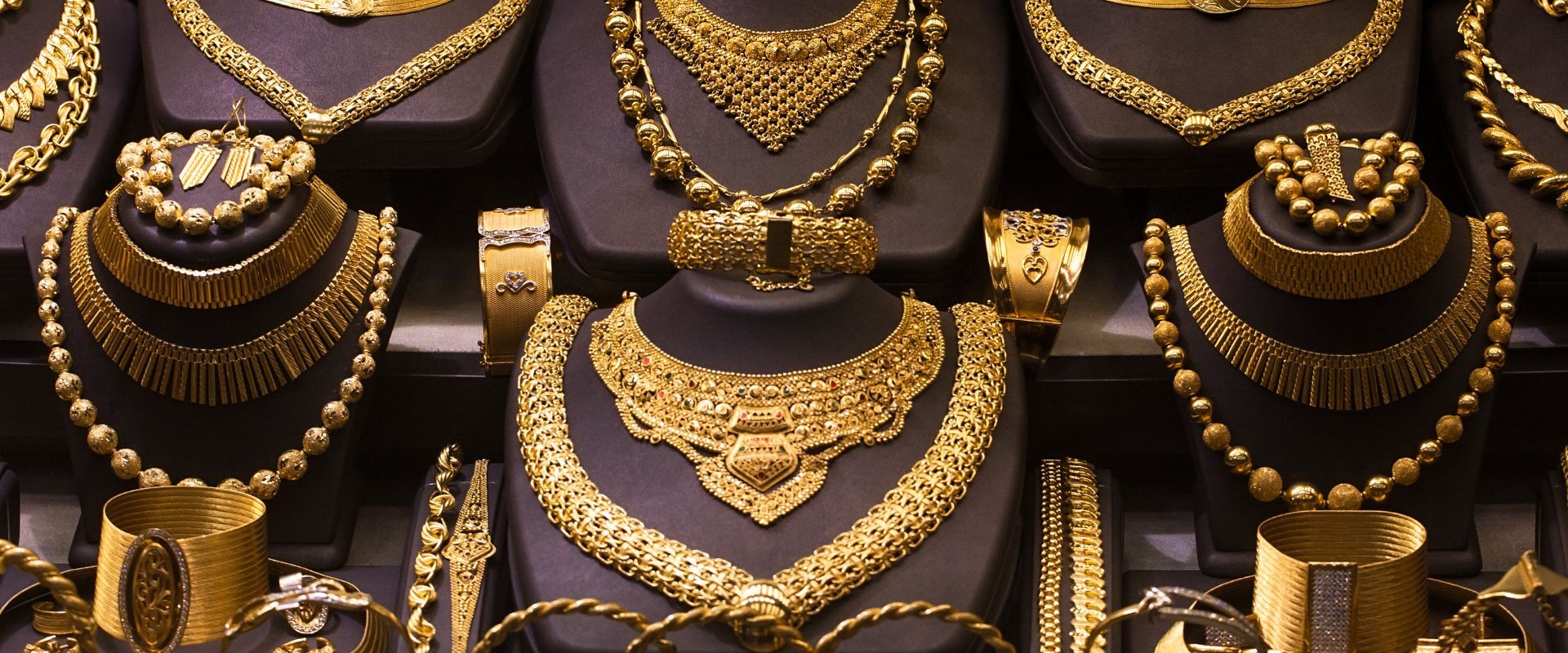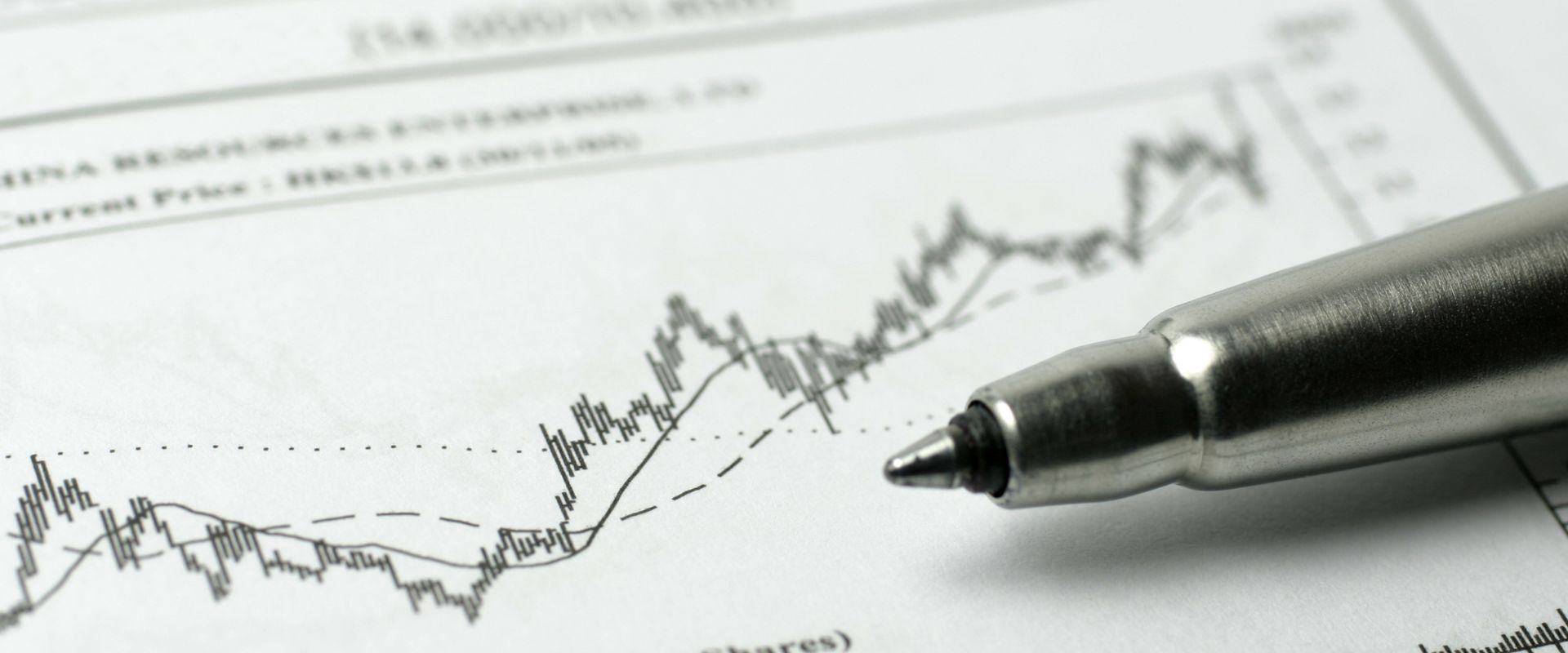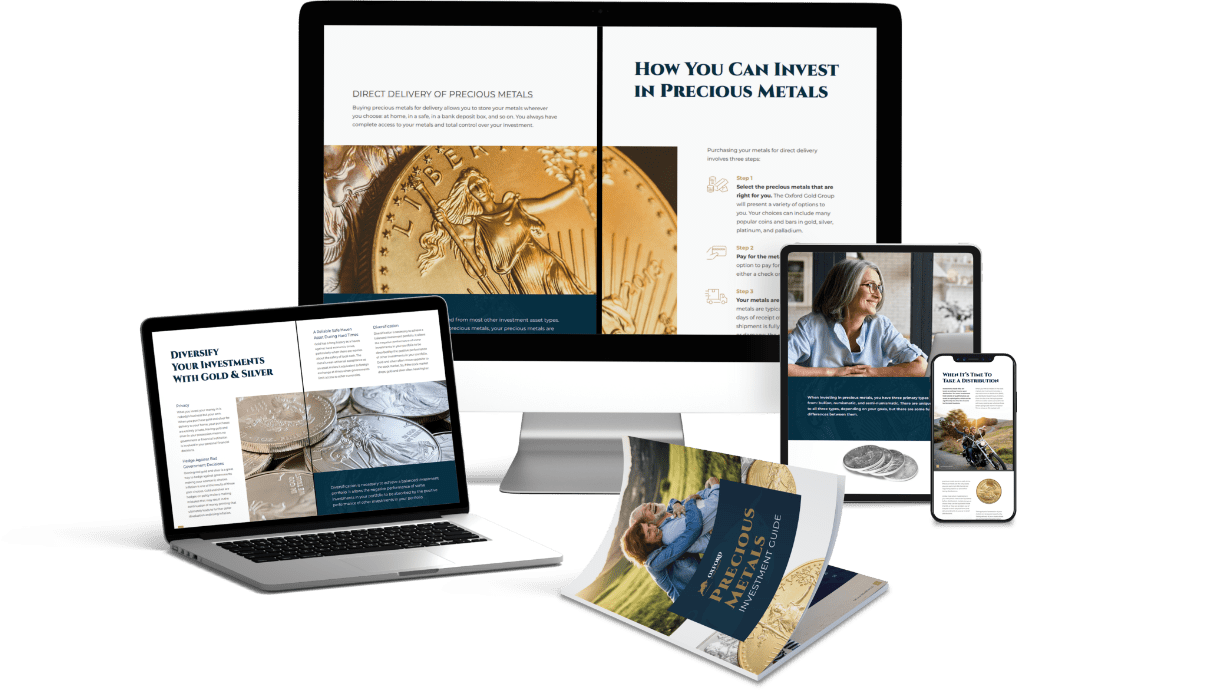Table of Contents
The introduction of a “US digital dollar,” which might have seemed so far off into the future, is now under consideration by Congress, and it will likely shake the established foundations of money and the global financial system as we know it.
The US dollar remains one of the world’s financial behemoths, serving as the dominant international trade and reserve currency. Any big changes will significantly influence the global economic environment, affecting billions of people worldwide–but how will it affect the price of gold and silver?
If you’re a precious metal investor–or looking to become one–you should know what digital currencies are and their possible effects on the economy and your investments.
What Is Digital Currency?
Any currency that is only available in electronic form is known as a digital currency. In the financial systems of most countries, electronic representations of currency are already the norm.
For example, in the United States, physical currency accounts for only about a tenth of the total money supply, with the other 90% held in electronic bank deposits.
How Is a Digital Dollar Different From What We Have Today?
Digital currency differs from the electronic currency that most Americans have in their bank accounts in that it never assumes physical form. You could go to an ATM right now and exchange an electronic record of your currency holdings for actual money. Digital money, on the other hand, never assumes physical form because it’s always stored on a computer network and exchanged digitally.
Instead of using physical dollar bills, you might make purchases by transferring digital currency to shops via your smartphone. In terms of functionality, this may be similar to how you presently manage your money using payment apps like Paypal, Apple Pay, or Venmo.
What Is a Central Bank Digital Currency?
Following the recent success of decentralized cryptocurrencies like Bitcoin, that store value but don’t need to be managed by a central authority, governments, central banks, and other financial institutions around the world are investigating the possibility of developing their own digital currencies called central bank digital currencies (CBDC).
A CBDC works the same as any digital currency, except it’s issued and managed by a country’s central bank rather than a private company. You can think of it as Bitcoin if it was fully backed by the US government and maintained by the Federal Reserve.
Will We See a CBDC Dollar Anytime Soon?
The Federal Reserve and MIT recently established Project Hamilton, a research initiative that looks into the effects of CBDC in the US. The partnership’s goal is to publish a research paper that provides an open-source license for every code they write. This information sharing allows other experts to understand, analyze, and work on the code themselves
While Project Hamilton is a clear step towards a digital dollar, it likely won’t come anytime soon because Congress remains divided on the need for a new currency.
What Changes Will the Digital Dollar Bring?
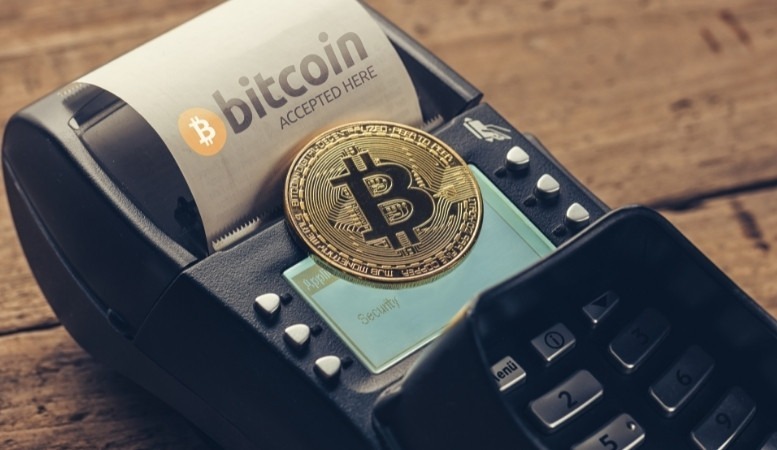
With digitized payments, many transactions become faster and more streamlined, resulting in many potential benefits, including stronger support and accessibility and more efficient payments and transfers.
Better Support
Millions of Americans don’t have bank accounts, and they wind up paying large sums to cash their paychecks and send remittances or money orders to others. With a CBDC, unbanked and underbanked citizens can send money digitally or through a government debit card. The money stays stored in a government-backed wallet outside of the commercial banking system when not in use.
More Accessibility
Today’s money transfers generally take longer on weekends and outside of regular business hours when banks are closed and unable to validate transactions. With digital currencies, transactions can run at the same speed at all hours of the day, seven days a week, 365 days a year.
Faster Payments
You can send and receive payments considerably faster with digital currency as computers process them automatically. Traditional methods like wire transfers or ACH payments, on the other hand, can take days for banking institutions to authenticate manually.
Faster Government Transfers
With the creation of a CBDC, the government can transmit payments like food stamps, child assistance, and tax refunds to people quickly instead of mailing checks or making transfers to prepaid debit cards.
Cheaper International Fees
The costs of transferring funds from one country to another can be high, especially those that involve currency conversions. Digital currencies, however, have the potential to change this process by making international transactions faster and less expensive.
How Will These Changes Affect Precious Metal Prices?
Because of faster and more direct transactions, more currency will circulate the economy. The government will also have free reign over the creation of new dollars. With the current status quo, banks order physical cash, the Bureau of Engraving and Printing creates the dollar notes, and the Federal Reserve transfers them to the banks.
The government can bypass this process and make new money to pay off debts and purchase assets through a digital dollar. As more money gets pumped into the economy, the most likely consequence is a devaluing dollar and rising prices on many items, including precious metals.
Why Is this the Likely Outcome?
A quick look at past events tells us that precious metal investments reign supreme. Both gold and silver have a solid track history in retaining their purchasing power in the long term, especially during times of widespread financial turmoil.
During the 1970s recession, for instance, prices for gold and silver averaged at least 30% yearly gains. Another more recent example is the global financial crisis of 2007 to 2008, where gold prices nearly tripled, and silver quintupled.
Why Precious Metals Remain a Solid Investment Vehicle
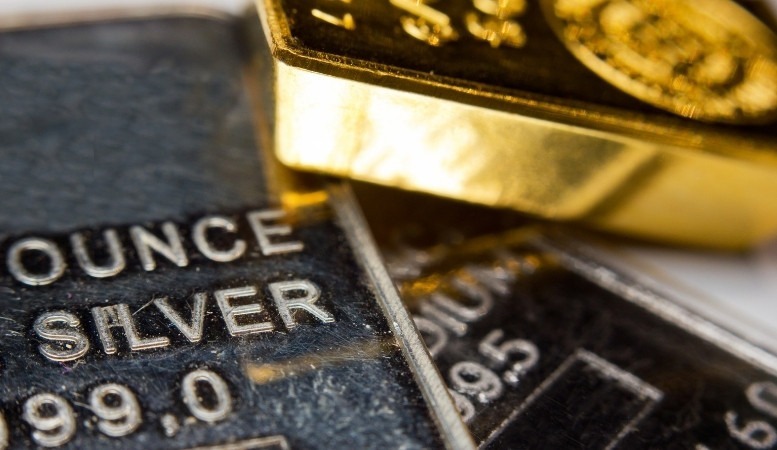
The time to invest in silver, gold, and other precious metals is now because the rise of the digital dollar can potentially improve these assets in the next decade. While the world has changed dramatically since the Gold Standard’s inception, precious metals continue to play an important role in our financial future, and here’s why.
Rising Scarcity and Demand
Like any natural resource, the supply of precious metals will continue to slow down until the world’s reserves become depleted. As these metals grow scarcer, the demand continues to increase because we use them in countless everyday applications.
From medical supplies to computers, precious metals like silver remain vital to many industries. So investing in them now will augment your chances of owning a very valuable asset in the future.
High Liquidity
The difficulty with some investment vehicles is that you can’t revert them into cash rapidly. While they do hold value, selling them might entail a lengthy process, and you run the risk of failing to sell them.
This liquidity issue is never the case with precious metals. You can change your gold and silver into money at any time, making them valuable assets that provide better financial security.
Long-Term Stability
We’ve learned throughout history that the only way to avert a financial crisis is to prepare for the worst. If we get into another similar situation, the dollar’s value will likely plummet. At that point, the public would need a backup currency to stay afloat, and precious metals are that safety net.
The US dollar–digitized or otherwise–will always be subjected to inflation, while precious metals continue to increase in value. By investing in these vehicles, you can safeguard your assets and go through a crisis unscathed.
Tangibility
CBDCs, cryptocurrencies, and other digital assets rely on technology to run and remain useful. In other words, they are not tangible. Conversely, precious metals don’t rely on electricity or the internet, nor can they be erased or hacked.
If you have these assets sitting safely in a deposit box somewhere, you have peace of mind knowing that your wealth is intact. You can easily sell them, store them in an individual retirement plan (IRA), or save them for the next generation.
Diversification
For many American families, 2008 was a difficult year financially. Many people lost their money and assets when the economy fell into a deep recession. During trying times like this, investing in precious metal investments can help strengthen your financial portfolio. The price of gold and silver might be volatile in the short term, but they have always maintained their value over the centuries.
Reach Out To Our Investment Experts Today
With the emergence of the digital dollar growing nearer by the day, so does the possibility of massive price hikes across the economy. However, gold and silver may be excellent ways to protect your assets.
If you’re looking to invest in these stable vehicles, our specialists at the Oxford Gold Group are more than happy to assist you. Our goal is to fully educate our clients to ensure they make sound financial decisions and maximize their investments.
Whether you’re a first-time investor or an experienced veteran, you will reap the benefits of precious metals when you partner with the Oxford Gold Group. Call us at 833-600-GOLD and reach out to our experts today to start safeguarding your financial future!
